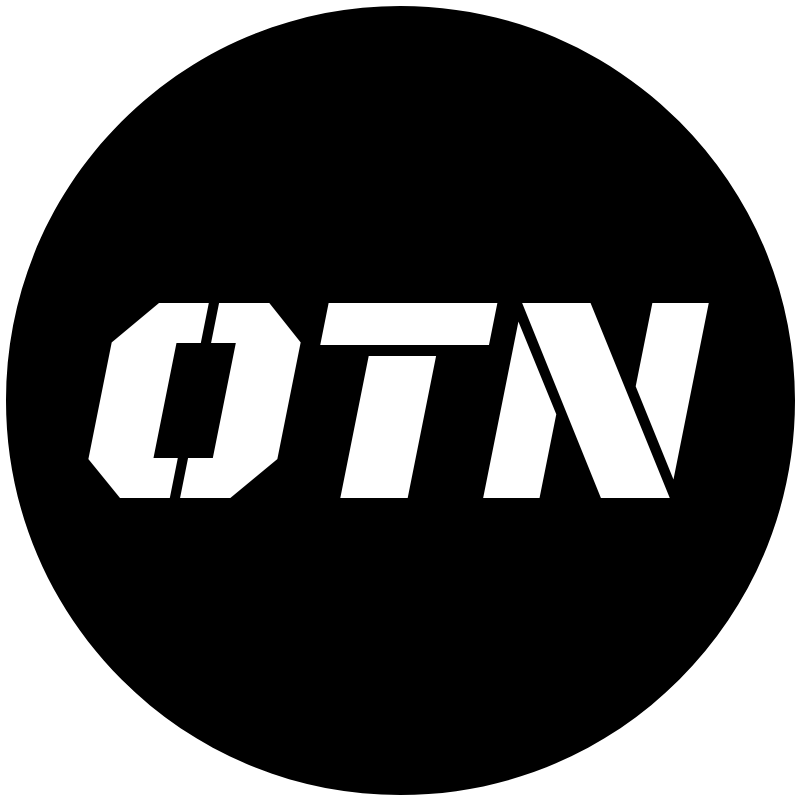Last week, Unity Software released an updated runtime fee policy based on installs of games that use the Unity Engine by end users. Needless to say, this update was met with backlash from gamers and developers alike. The fee would be triggered by meeting a threshold that includes having made $200,000 or more in the last 12 months and having at least 200,000 lifetime game installs for Unity Personal and Unity Plus. For titles that fall into Unity Pro and Unity Enterprise, the threshold for the fee is when a game has made $1,000,000 or more in the last 12 months and has at least 1,000,000 lifetime game installs.
After massive backlash, Unity clarified a week later that demos, re-installs, fraudulent installs, and charity-related installs would not have to pay the fee, only true first-time installs. Unity further stated that this new change of policy wouldn’t affect 90% of their customer base.
A week following the initial response, Unity Creative president Marc Whitten apologized and announced a reversed pricing policy. The new backlash driven policy is that the current version of the Unity Engine will not have the new Runtime Fee, but future versions of the engine will. Devs on the Unity Pro and Unity Enterprise plans will have the option to choose either the Runtime Fee assessed by installs or a 2.5% revenue share.
Response to the updated policy has received mixed reactions. Unity acknowledged its poor communication throughout the process, but for some, the damage was already done and may cause developers to move their games off the Unity Engine altogether.
Image from: Unity


